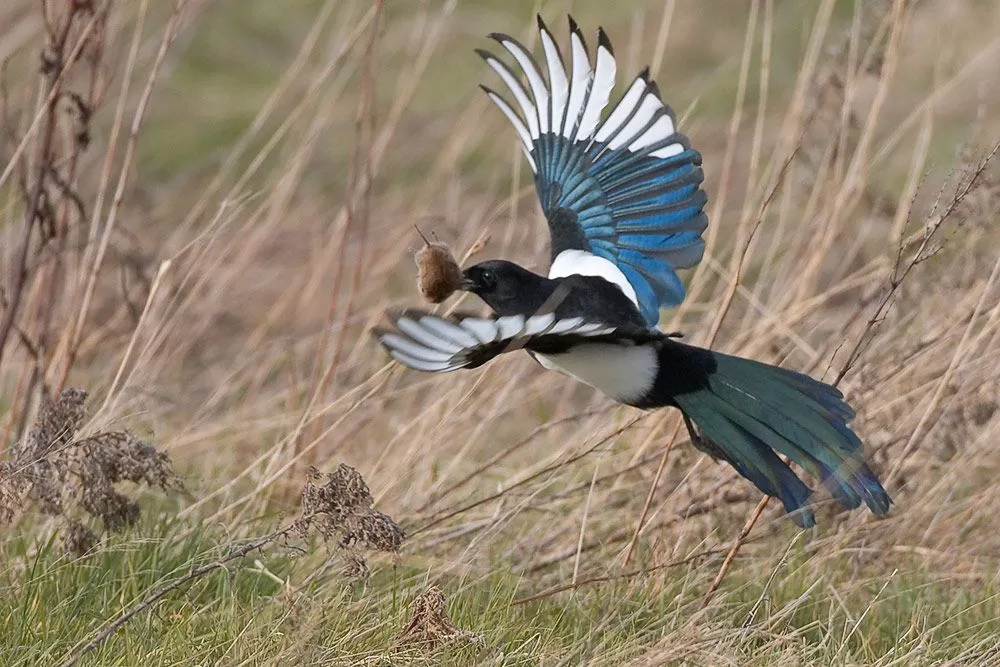Boluisce I root my fingers, burying them back and down. A twist into black, acidic soil, deeper than anything man-made. I push to the graves of the lake families, generations who lived and died by the water. I pay my respects in the only way I know, by kneeling in the sodden earth and sinking parts of me towards parts of them. I do what no record does and remember their passing, their assimilation back to the land. I want...

